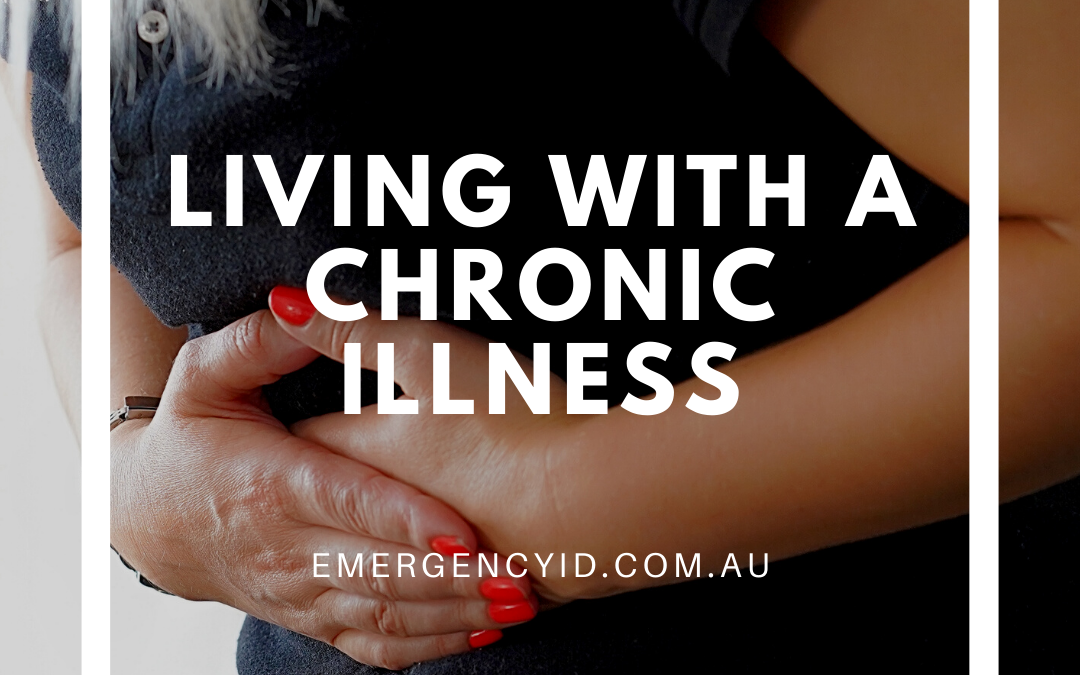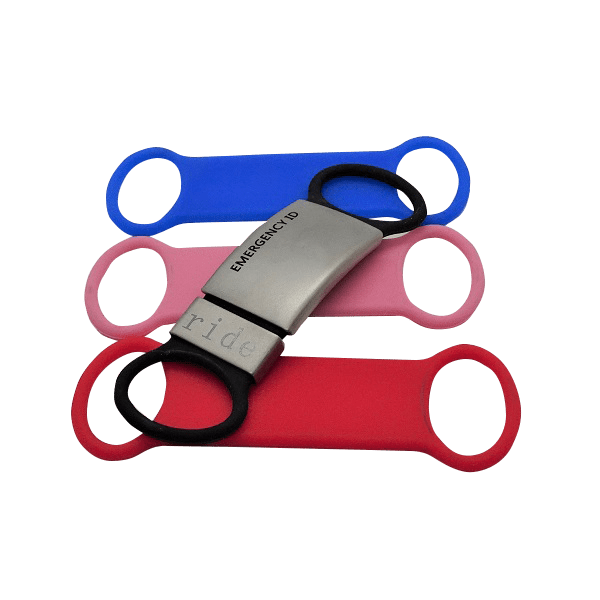A chronic illness is defined as an illness that is persistent or long lasting. A diagnosis of a chronic illness can be difficult to cope with, and almost certainly means some major changes in your life. But with the right support and education, you can adjust to living with a chronic condition.
This can help if:
- you or someone you know has been diagnosed with a chronic illness
- you want to know more about living with a chronic illness
- you are looking for some strategies for making life with chronic illness a bit easier.

What is a chronic illness?
A chronic illness is any medical condition that lasts a long time. Some chronic illnesses get worse over time, and others come and go over months or years. There are lots of different chronic illnesses, and each has different causes and symptoms. Some examples are:
- epilepsy
- asthma
- cystic fibrosis
- cancer
- diabetes
- depression and other mental health issues.
Finding out you have a chronic illness
Being diagnosed with any medical problem can be a shock. When it’s something serious that you’re going to have for a long time, it can be even harder to adjust to. It’s normal to feel frustrated or upset.
Depending on the condition, chances are you’ll have to make some adjustments to your lifestyle to manage the symptoms. Whatever you’re suffering from, there are some lifestyle changes you can make that will keep you healthier:
- Cut down on alcohol and other drugs.
- Research foods and diets that will alleviate your symptoms.
- Learn about exercises that can help.
- Find a GP you feel comfortable with and can trust, who can arrange your specialist appointments and help you keep on top of your symptoms and medications.
Understanding your illness
It’s vital to learn about your illness. By getting to know and understand what is happening in your body, you’ll feel more in control and be able to make informed decisions regarding your own care.
- Do research – use credible websites (ones ending in .gov or .org are usually reputable) to learn about what the illness is doing to your body, and how different treatments work.
- Talk to other people with your illness, either face-to-face or via online support groups – you’ll find there’s a lot you can do to support each other!
- Keep a symptoms journal – on your phone or on paper. Recording your symptoms not only helps you keep track of how you’re feeling over time, but can also help your doctors understand what life is like for you outside the clinic.
- Don’t be too hard on yourself – adjusting to any life change is hard and takes time. There will be days when you push yourself and feel worse for it, and times you feel low because you’ve missed out on something. Talk to a trusted friend or psychologist if you’re finding the adjustment tough.
Helping others understand your illness
It might feel difficult to talk about your illness with others. Often they won’t understand what it means, why it has happened, or why you can’t do everything you used to do. Who you talk to about your chronic illness is totally up to you. Don’t feel pressured to go into details with people you aren’t comfortable talking to.
There are a few things you can do to help those around you better understand and offer their support:
- Explain the nature of the illness and describe what it’s doing to your body.
- Tell them what you need from them. If you don’t need anything, be clear about that as well.
- Explain to them what you can and can’t do.
- Understand that your friends and family have limitations. Sometimes people won’t know how to deal with your being sick. Remember that their inability to understand your illness has to do with their limitations, not yours.
What can I do now?
- Research your illness using reputable websites and books.
- Make sure you feel comfortable with your doctor.
- Write a list of things you’re happy to share with others, and things you aren’t.
- Read about living with chronic pain.
Explore other topics
It’s not always easy to find the right place to start. Our ‘What’s on your mind?’ tool can help you explore what’s right for you.








